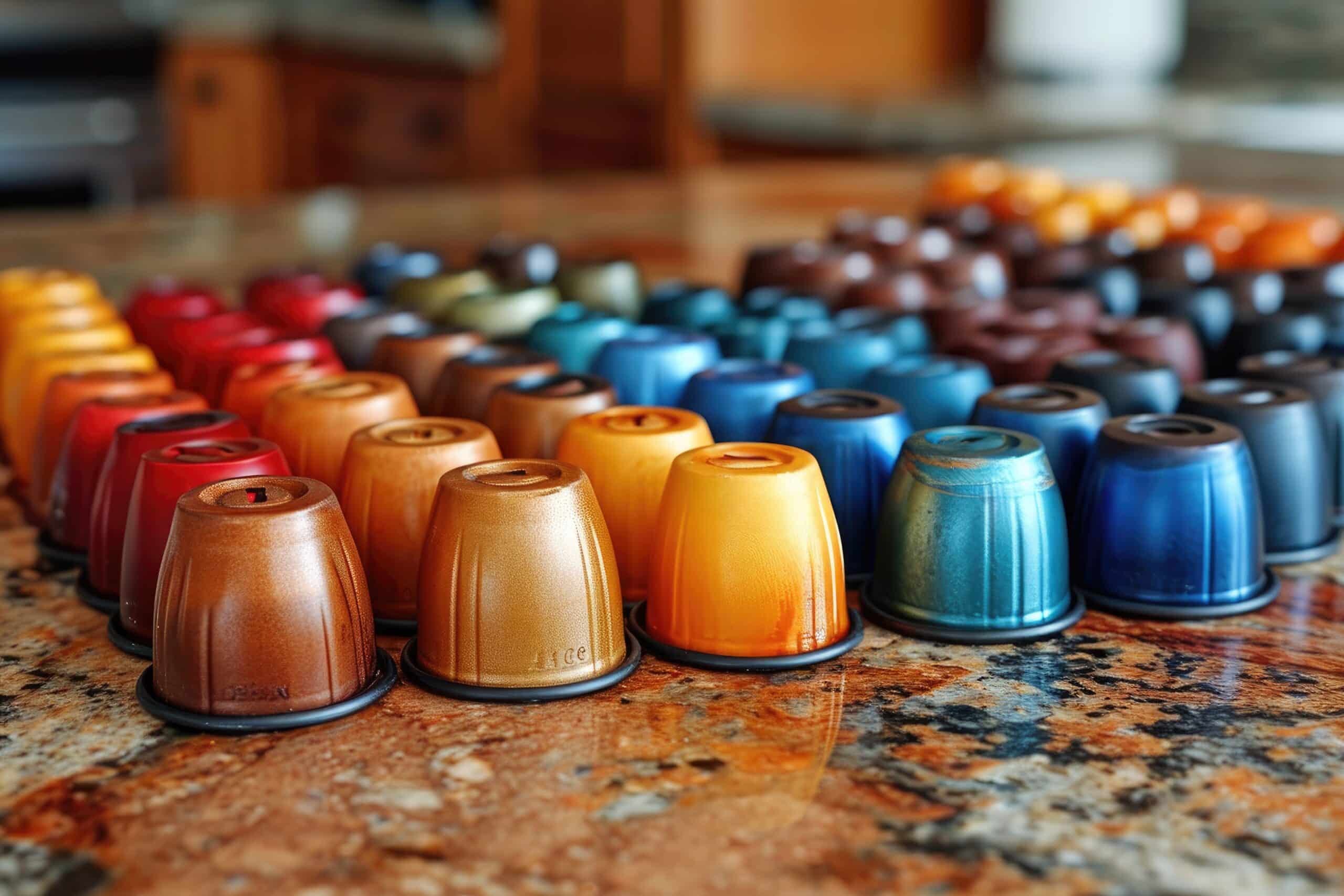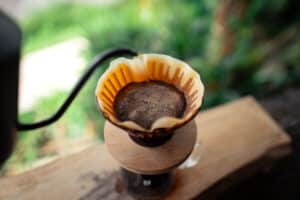How Much Caffeine Is In A Double Espresso Nespresso Pod?
Key Takeaways
- The caffeine content in a double espresso Nespresso pod is likely to be between 100 and 165 mg.
- The caffeine content can vary across different Nespresso pod types, serving sizes, and coffee bean variations.
- Nespresso capsules have a similar caffeine content to regular espresso shots, while Keurig K cups tend to have a slightly higher caffeine content range than Nespresso pods.
If you’re a coffee lover, you’re probably familiar with Nespresso and their wide range of coffee pods. Nespresso offers a variety of espresso pods, each with its own unique flavors and intensities. But if you’re someone who needs their caffeine fix, you may be wondering just how much caffeine is in a double espresso Nespresso pod. Let’s dive into the details and explore the caffeine content of Nespresso double espresso pods.
Understanding Nespresso Caffeine Content
The caffeine content in Nespresso pods can vary depending on a few factors, including the type of pod, serving size, and bean variations. It’s important to note that the caffeine levels mentioned here are approximate values and can vary slightly between different sources.
Caffeine Content Range
According to various sources, the caffeine content in a Nespresso double espresso pod is likely to be between 100 and 165 mg. One source suggests a range of 100-120 mg, while another suggests a range of 130-165 mg. Another source mentions a specific value of 150 mg for the caffeine content in a double espresso pod. These variations in reported values can be attributed to differences in testing methods and the specific Nespresso pod being analyzed.
Other Nespresso Pod Types
While we’ve focused on double espresso pods so far, it’s worth noting that the caffeine levels can vary across different Nespresso pod types. Let’s take a closer look at some of the variations:
Vertuo Line
In the Vertuo line, Nespresso offers a range of coffee capsules with varying caffeine content. Coffee capsules typically contain between 170 and 200 mg of caffeine, single espresso capsules contain around 60 mg, double espresso capsules have less than 200 mg, and gran lungo capsules range from 120 to 200 mg. The Alto XL coffee pods have the highest caffeine content, ranging from 228 to 350 mg.
Original Line
In the Original line, most capsules contain between 55 and 65 mg of caffeine, with lungo capsules having slightly higher levels of 77 to 85 mg. Decaf pods have minimal caffeine, with most having 3 mg or less.
Factors Affecting Caffeine Content
The caffeine content in Nespresso pods can be influenced by various factors. One key factor is the type and origin of the coffee beans used in the pod. Different coffee beans can naturally contain varying levels of caffeine. Additionally, serving size plays a role in determining the overall caffeine content. Single espresso pods generally contain less caffeine compared to double espresso pods or larger coffee capsules.
Comparison to Other Drinks
When comparing the caffeine content of Nespresso pods to other drinks, it’s important to note that Nespresso capsules have a similar caffeine content to regular espresso shots. Keurig K cups, on the other hand, tend to have a slightly higher caffeine content range than Nespresso pods.
Conclusion
In conclusion, the exact amount of caffeine in a double espresso Nespresso pod can vary slightly depending on different sources. However, based on the available information, the caffeine content is likely to be between 100 and 165 mg. It’s important to remember that caffeine content can also vary across different Nespresso pod types, serving sizes, and coffee bean variations. If you’re looking for a specific caffeine level, it’s best to refer to the information provided by Nespresso or consult the packaging of the specific pod you’re interested in.
Related Websites:
FAQs:
Q: Why is understanding caffeine levels important for health-conscious consumers?
Understanding caffeine levels is important for health-conscious consumers because it allows them to make informed choices about their beverage intake. By knowing the caffeine content in different beverages, they can manage their caffeine intake and avoid consuming excessive amounts. This is particularly crucial as high caffeine consumption may lead to negative health effects such as increased heart rate, sleep disturbances, and anxiety.
Q: What is the recommended daily caffeine intake?
The recommended daily caffeine intake varies depending on factors such as age, weight, and overall health. However, most experts suggest that consuming no more than 400 milligrams (mg) of caffeine per day is safe for healthy adults. It’s important to note that individual sensitivity to caffeine may vary, so it’s advisable to monitor your own reactions and consult a healthcare professional if needed.
Q: What factors can influence caffeine levels in Nespresso pods?
Several factors can influence caffeine levels in Nespresso pods, including the type and origin of the coffee beans used, the brewing process, and the extraction time. Additionally, the size of the Nespresso pod and the water-to-coffee ratio can also impact the resulting caffeine concentration. It’s worth noting that Nespresso provides information on the approximate caffeine content of their pods, but variations may occur due to these factors.
Q: How are caffeine levels determined in the food industry?
Caffeine levels in the food industry are determined through various research methods. These may include laboratory analysis using techniques like high-performance liquid chromatography (HPLC) or mass spectrometry. Additionally, companies may conduct sensory evaluations to assess the overall taste and caffeine concentration in their products. It’s important to note that these methods are used to provide estimates, and some variation may still exist between different batches or brands.
Q: What are the typical caffeine ranges in double espresso Nespresso pods?
The typical caffeine range in double espresso Nespresso pods is around 60-120 milligrams (mg) per serving. However, it’s important to consider that individual variations may occur due to factors like the coffee blend used, the brewing process, and personal brewing preferences. Nespresso provides general information on the caffeine content of their pods, but actual levels may slightly differ within this range.






